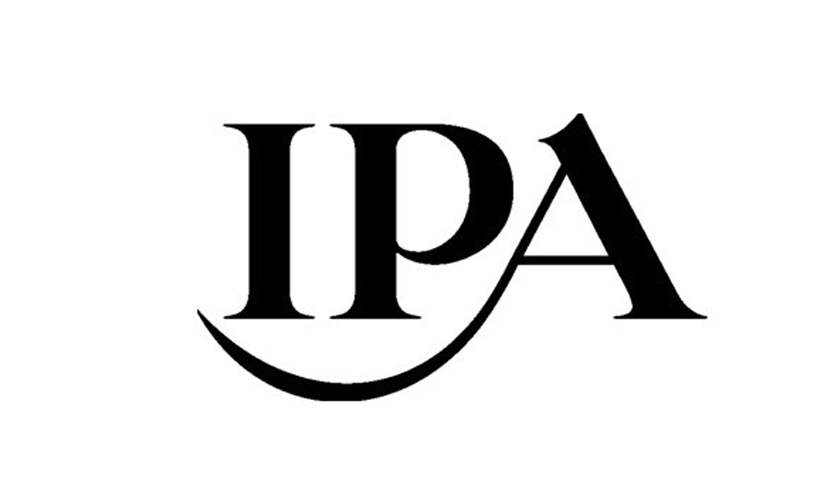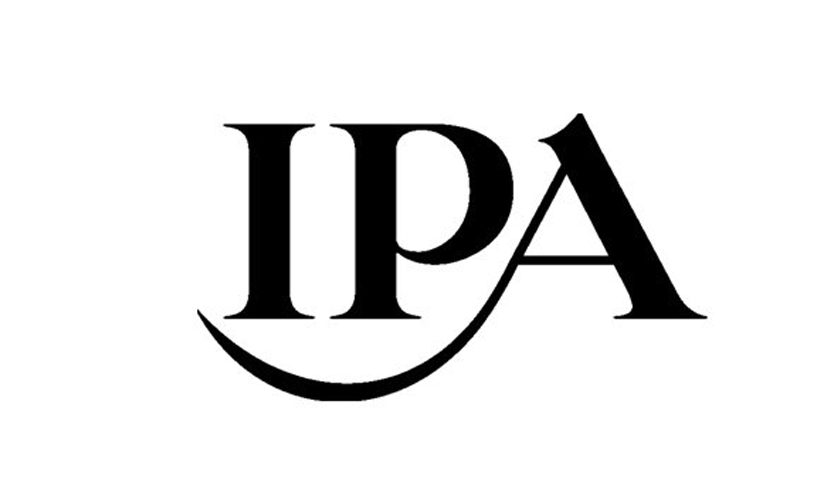Following a public consultation last summer to which the IPA responded, the London Mayor’s new rules against “junk food advertising” on the London transport network, kicked in on Monday 25 February 2019.
As explained in our email to IPA members back in December, this means that new restrictions apply to ads on all modes of transport controlled by TfL, including the Underground, Overground, London buses, TfL Rail, trams and river services.
Changes have been made to TfL’s advertising policy to reflect the restrictions, with guidance prepared for advertisers and their agencies.
The restrictions apply to all ads for food and drink categorised as high in fat, salt or sugar (HFSS) under the Food Standard Agency’s Nutrient Profiling Model (NPM), maintained by Public Health England (and currently under review).
A new provision has been added to TFL’s advertising policy which provides that an advertisement will be unacceptable if:
it promotes (directly or indirectly) food or non-alcoholic drink which is high in fat, salt and/or sugar (‘HFSS’ products), according to the Nutrient Profiling Model managed by Public Health England. It is for the advertiser to demonstrate (in case of any doubt) that any product is not HFSS, and/or that an advertisement is not promoting HFSS products, and/or that there are exceptional grounds. A set of guidelines is available which provides more details of how this aspect of the policy is implemented.
The guidelines that accompany the policy contain a link to information on how to identify whether a product is considered as HFSS under the NPM.
The guidelines provide a potential exception for advertisers, explaining that: “Advertisements for food and non-alcoholic drink that is considered HFSS under the NPM may be considered for an exception by TfL if the advertiser or their agent can demonstrate, with appropriate evidence, to TfL’s satisfaction, that the product does not contribute to HFSS diets in children.”
An appendix to the guidelines is intended to demonstrate the areas that TfL may take into consideration when assessing requests for exceptions.
The guidelines also cover:
- ads where there is a range of food/non-alcoholic drink featured, some of which is HFSS – an ad for a range or meal cannot feature a mix of HFSS and non-HFSS products;
- ads where no food or non-alcoholic drink is featured directly but the ad is from a food and/or non-alcoholic drink brand – brand ads for food/drink companies, service companies and ordering services can only place ads if they promote “healthier” options (i.e. non-HFSS products);
- ads where food and non-alcoholic drink is shown ‘incidentally’ i.e. it is not the subject of the ad but is included (or implied) by visual or copy – HFSS products cannot be promoted by featuring in ads for other products; and
- ads where food and non-alcoholic drink is referenced in text or through graphical representations – HFSS products cannot be promoted through references in text or graphical images of food or non-alcoholic drink.
Given that ads for HFSS products will not be accepted by TFL unless an exception applies and that the guidelines leave much open to question, advertisers and agencies are advised to discuss the eligibility of their ads for an exemption with TfL’s agents before committing to production.


